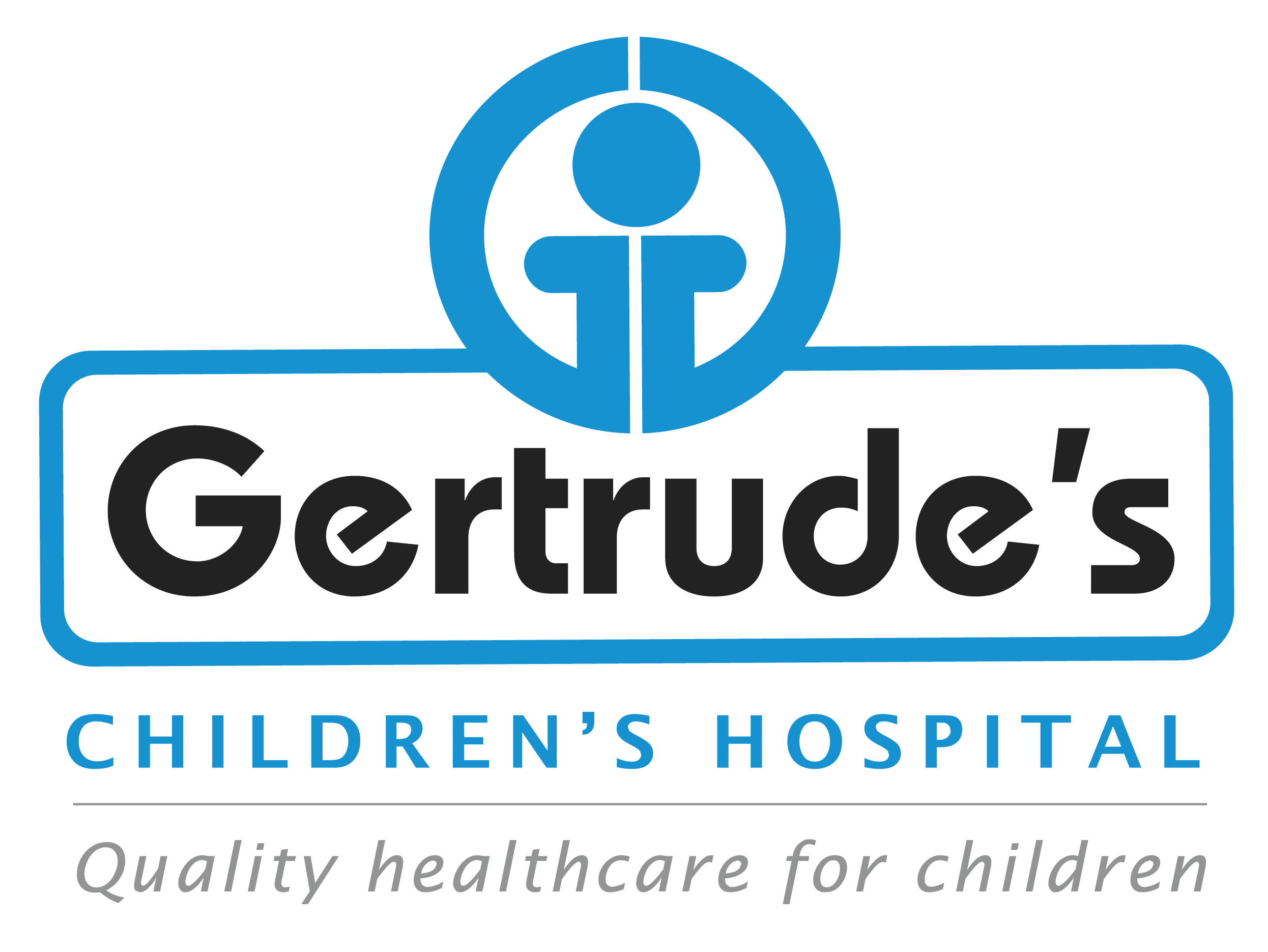Geographic tongue, also known as benign migratory glossitis, is a benign (non-cancerous) condition characterized by irregular, smooth, reddish patches on the surface of the tongue. These patches can change in size and shape over time, resembling a map, which is how the condition gets its name. It affects about 1% to 3% of the population and is generally harmless.
Symptoms
The main symptoms of geographic tongue include:
• Red Patches: Smooth, irregularly shaped red areas on the top or sides of the tongue.
• White Borders: The patches may have white or light-colored borders.
• Changes Over Time: The patches can come and go, often moving from one area of the tongue to another.
• Sensitivity: Some individuals may experience a burning or painful sensation, especially when consuming spicy, acidic, or hot foods.
• Red Patches: Smooth, irregularly shaped red areas on the top or sides of the tongue.
• White Borders: The patches may have white or light-colored borders.
• Changes Over Time: The patches can come and go, often moving from one area of the tongue to another.
• Sensitivity: Some individuals may experience a burning or painful sensation, especially when consuming spicy, acidic, or hot foods.
Causes
The exact cause of geographic tongue is not well understood, but several factors may contribute:
• Genetic Factors: A family history of geographic tongue may increase risk.
• Immune System Response: It may be linked to an immune response affecting the tongue’s surface.
• Nutritional Deficiencies: Low levels of certain nutrients like iron, zinc, folic acid, and vitamins B6 and B12 have been associated with the condition.
• Other Health Conditions: Geographic tongue can occur alongside conditions like psoriasis, eczema, and type 1 diabetes.
• Genetic Factors: A family history of geographic tongue may increase risk.
• Immune System Response: It may be linked to an immune response affecting the tongue’s surface.
• Nutritional Deficiencies: Low levels of certain nutrients like iron, zinc, folic acid, and vitamins B6 and B12 have been associated with the condition.
• Other Health Conditions: Geographic tongue can occur alongside conditions like psoriasis, eczema, and type 1 diabetes.
Diagnosis
Diagnosis is typically made through:
• Physical Examination: A healthcare provider will inspect the appearance of the tongue and ask about symptoms.
• Medical History: Discussing any related health issues or family history.
• Exclusion of Other Conditions: In some cases, tests may be conducted to rule out other oral conditions that could present similarly.
• Physical Examination: A healthcare provider will inspect the appearance of the tongue and ask about symptoms.
• Medical History: Discussing any related health issues or family history.
• Exclusion of Other Conditions: In some cases, tests may be conducted to rule out other oral conditions that could present similarly.
Treatment Options
Most cases of geographic tongue do not require treatment as they are harmless. However, if symptoms are bothersome, options include:
• Pain Relief Medications: Over-the-counter pain relievers or anti-inflammatory medications can help ease discomfort.
• Topical Treatments: Corticosteroid ointments or mouth rinses may be prescribed to reduce inflammation and pain.
• Dietary Adjustments: Avoiding spicy or acidic foods that can irritate the tongue may help manage symptoms.
• Pain Relief Medications: Over-the-counter pain relievers or anti-inflammatory medications can help ease discomfort.
• Topical Treatments: Corticosteroid ointments or mouth rinses may be prescribed to reduce inflammation and pain.
• Dietary Adjustments: Avoiding spicy or acidic foods that can irritate the tongue may help manage symptoms.
Frequently Asked Questions
Q: Is geographic tongue contagious?
A: No, geographic tongue is not contagious; it cannot be spread from person to person.
Q: How long does geographic tongue last?
A: The symptoms can appear for a few days to several months and may resolve on their own without treatment.
Q: Can geographic tongue lead to serious health problems?
A: No, geographic tongue is a benign condition that does not lead to cancer or other serious health issues. However, it’s important to consult a healthcare provider if you notice significant changes in your mouth.
Contact
Please feel free to contact us with any general or medical enquiry by calling us.





